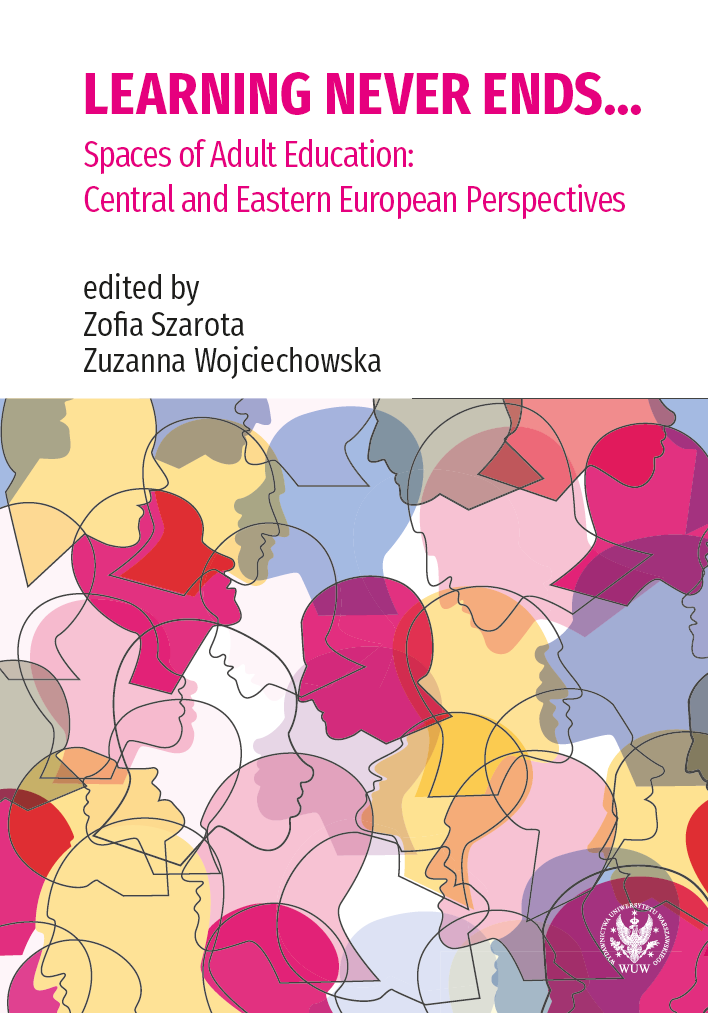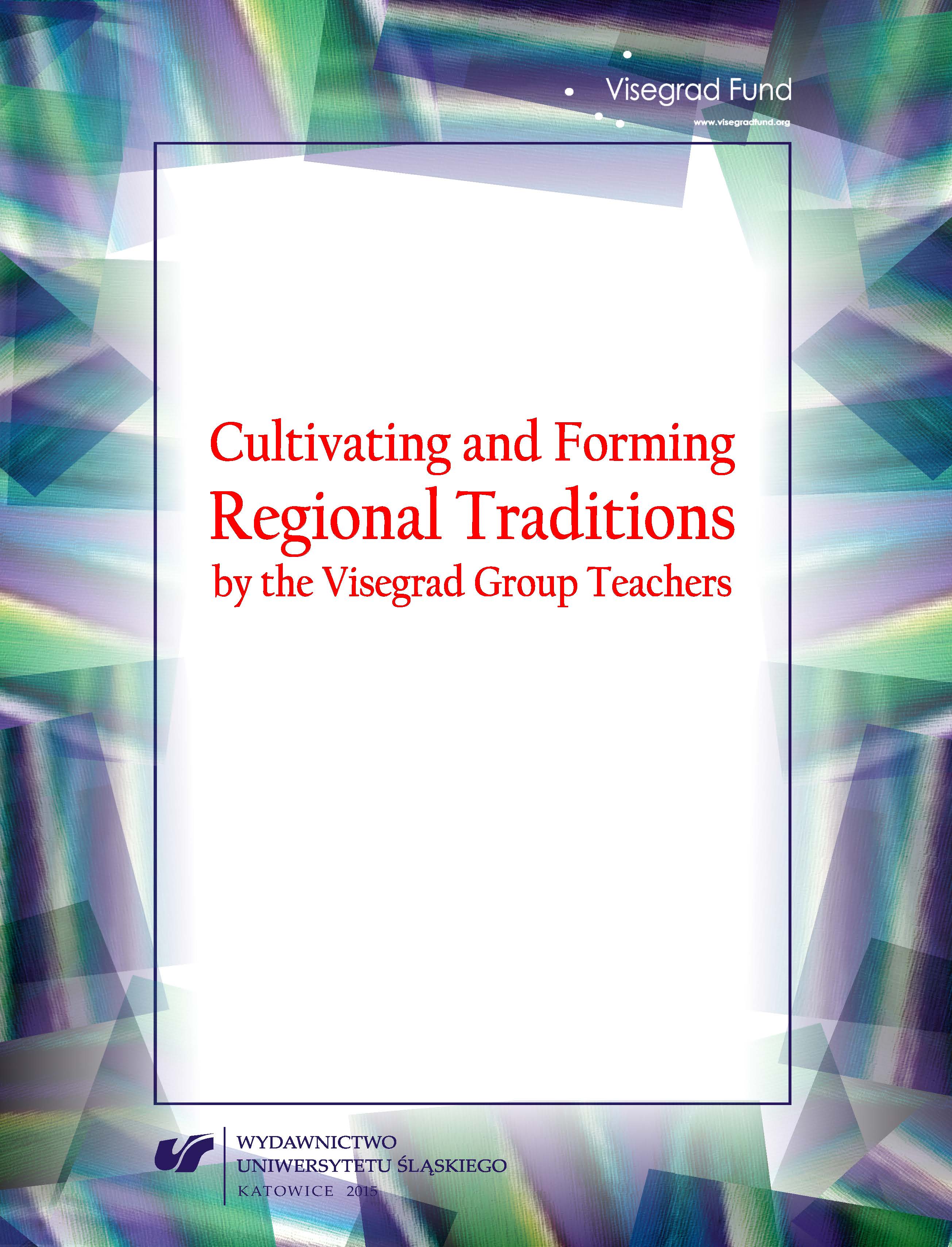
TRENDS IN ADULT-EDUCATION DEVELOPMENT IN UKRAINE
The author examines trends in the development of adult education. The problem of providing free access to education is analysed, along with changing the practice of adult education throughout life. The author emphasises that adult education is flexible and dynamic, responsive to present social requirements and personal needs of adults, and that positive change prevails in adult education in Ukraine. First, it is an extension of educational goals and directions. Secondly is the diversity of educational services; thirdly, the transformation in flexibility of existing adult-education structures, able to meet today’s requirements. Leading tendencies of Ukrainian adult education are determined to be transformation and expansion of its content field. The concept of adult-education changes, and a new approach to adult education, emerges as an area of employment opportunities and occupational change. The relevance of adult education is driven by additional factors, including the need to adapt the adult population to new socio-economic conditions. Adult education, unlike other structural components of the education system, can be implemented in various forms: formal, non-formal and informal, aimed at individual self-development. Main priorities are identified in adult-education development in Ukraine and in its prospective directions.
More...
